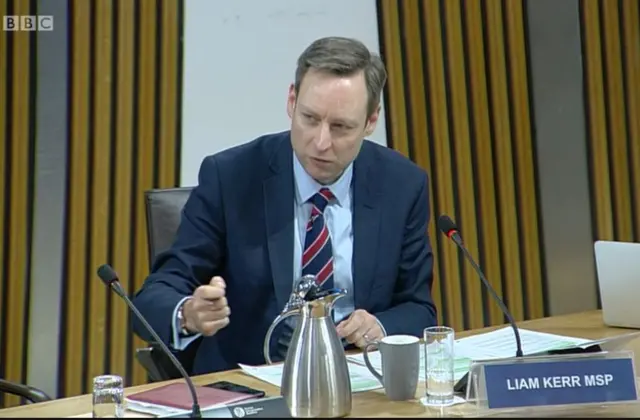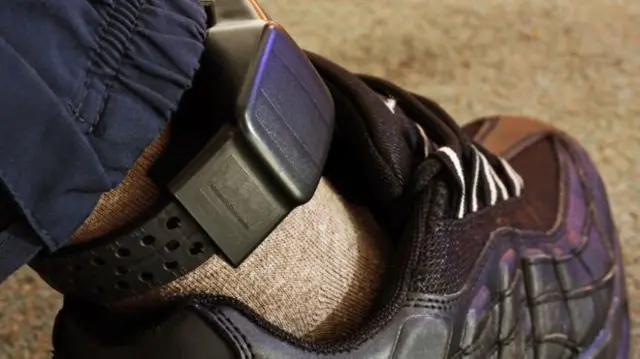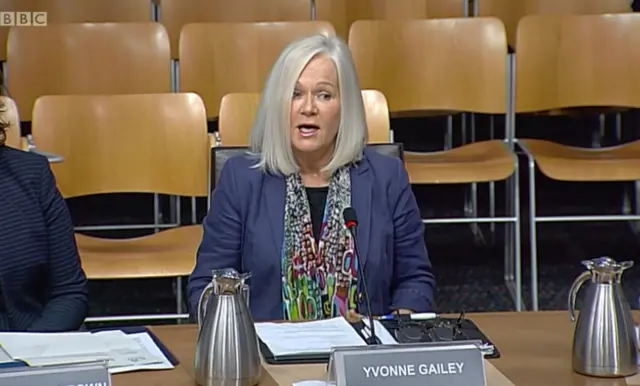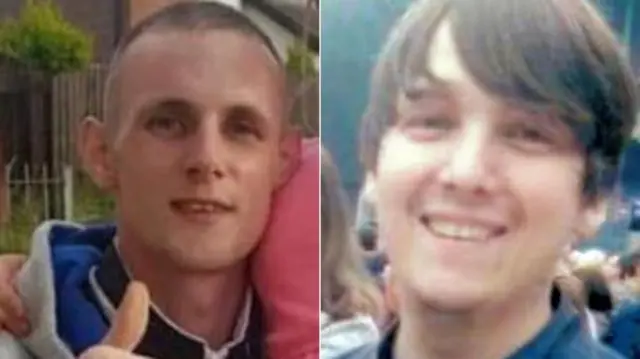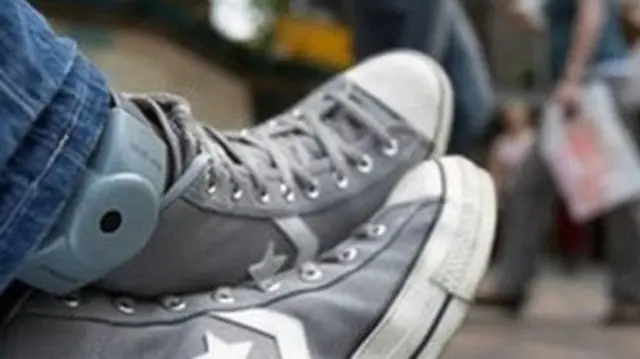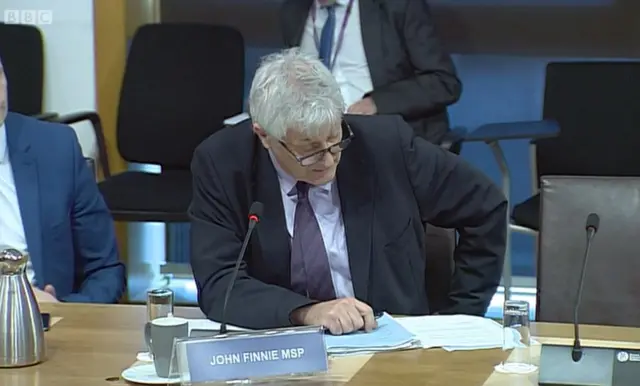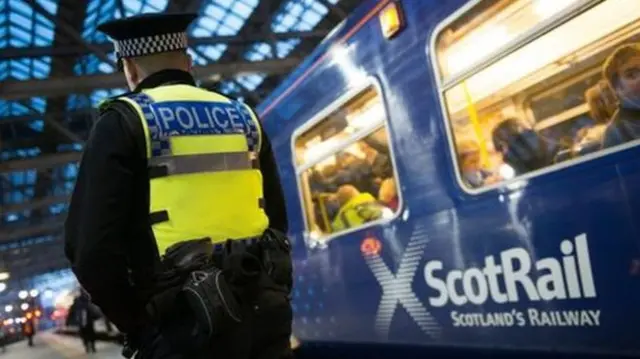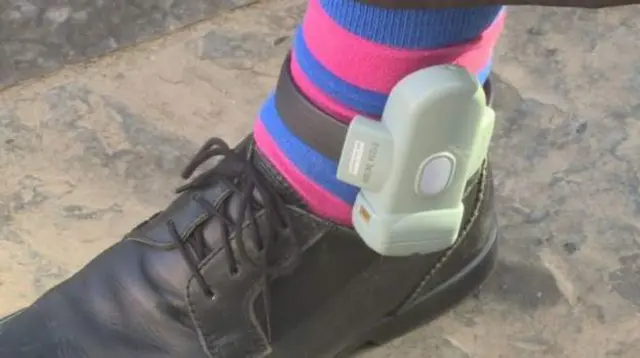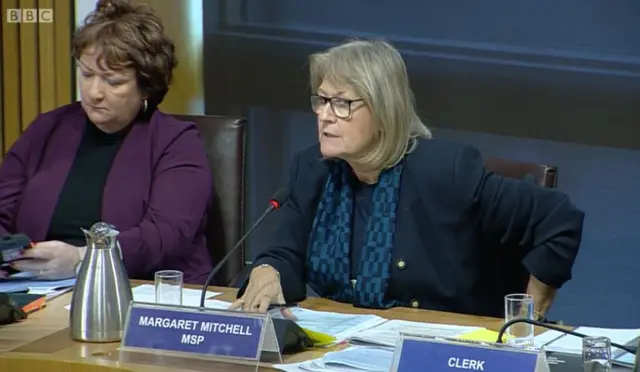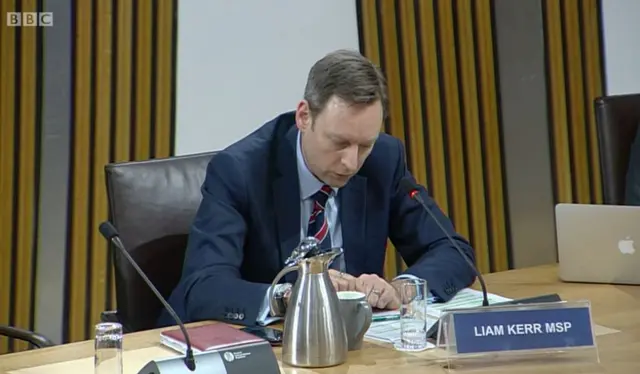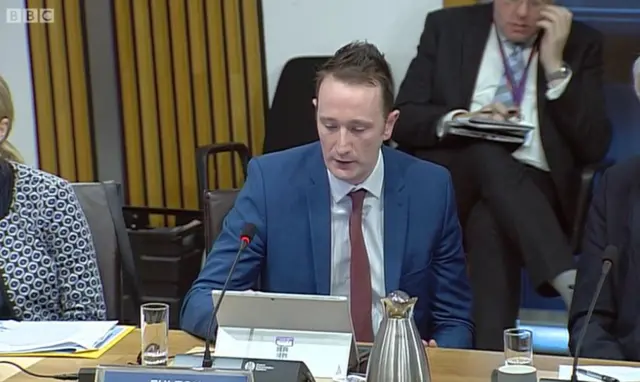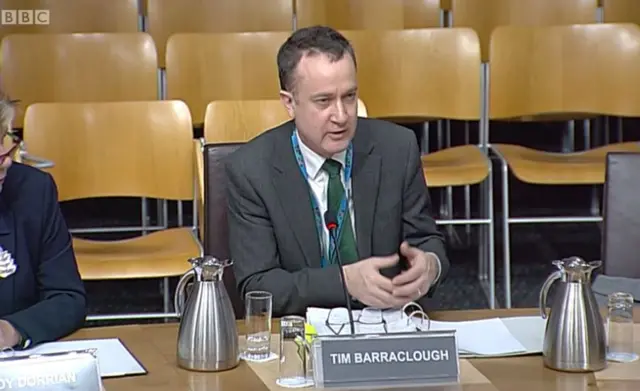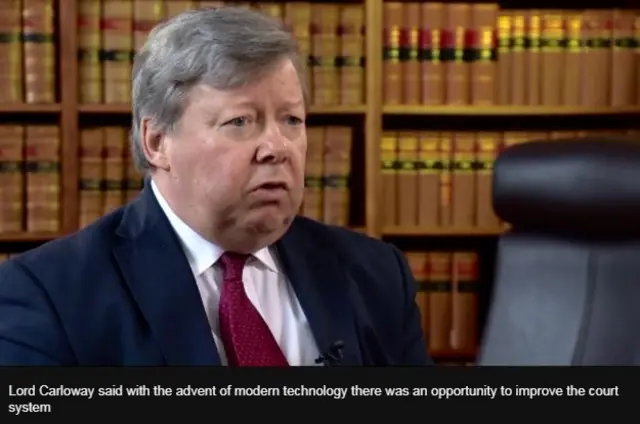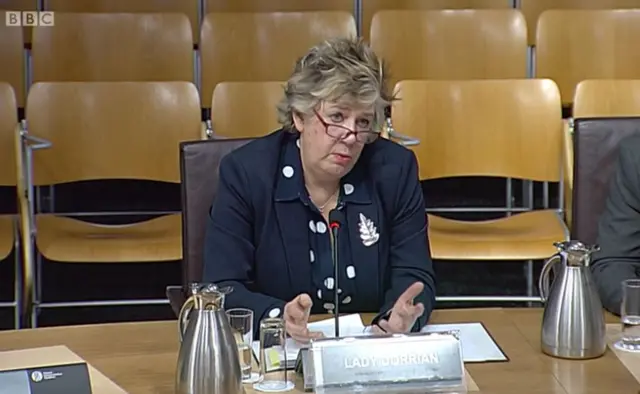'We must visit an address that is put forward as an HDC'published at 11:43 GMT 18 December 2018
Labour MSP Daniel Johnson asks about people who give addresses outside of Scotland and he asks how it that is assessed.
James Maybee representing Social Work Scotland says: "We must visit an address that is put forward as an HDC."
There are caveats like remoteness or single key holders, but the word in the guidance is "must" visit, he says.
